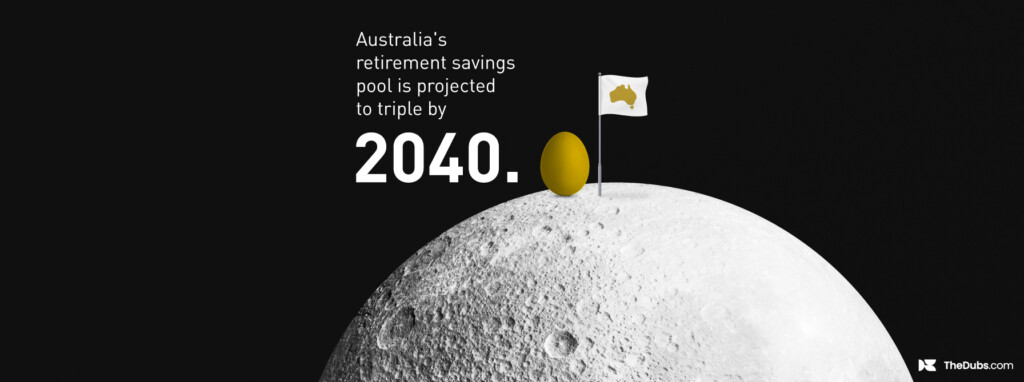During its annual F8 conference, Facebook announced that it is actively prioritising Facebook Groups in its redesign; putting them ‘at the centre of Facebook’. Now featured at the top of the Facebook app, we weigh up whether the move is surface level or whether the value of Facebook Groups runs deeper for finance brands.
The value in Facebook Groups
Facebook founder Mark Zuckerberg announced in May that Facebook will be significantly boosting the visibility of its Groups including creating a prominent Groups tag, a personalised feed of the Groups an individual is in and a new feature called Meet New Friends. Events will also gain increased real estate in the app as part of the design update.
Given Facebook has struggled to move beyond concerns of privacy and data abuse, repositioning around the idea of communities and more private conversations is a strategic move. The question is whether it holds the same strategic relevance for the financial services community?
Facebook is also rolling out dedicated features for different types of groups, creating communities around that group-type. Already confirmed are health support groups, job groups and gaming groups, so it’s not a huge stretch to consider that financial advice groups could grow in popularity enough to become a dedicated community down the road.
The question is whether Facebook Groups hold the same strategic relevance for the financial services community?
Can finance brands use Facebook Groups?
With attention being drawn away from the newsfeed by this latest update, brands will be forced to engage with their audience in a more organic way to gain the same traction on Facebook. Groups offer an opportunity for brands to talk directly to their target audience. And in an industry like finance where trust is such a critical factor, Groups could be a great way to engage in an open forum and demonstrate the value of your brand. In the same way as Whirlpool and reddit, Group conversations shouldn’t be hijacked to spruik your products, but rather be a forum to assist and add value.
Although there are a lot of finance-related Facebook Groups already, it appears that few finance brands have yet honed in on owning a Group as a key part of their marketing strategy. This is likely due to the high resource investment and time required to create and grow a Group sufficiently to bring ROI as well as the added difficulty of gaining trust as a finance brand. A Facebook Group needs to be impartial, which is no mean feat if owned and administered by a finance brand. Given these barriers to entry, it would be wise for finance brands to fully assess the value of this marketing strategy to their goals before jumping in and actively creating new Groups.
An alternate path to entry
We know that more than 1.4 billion Facebook users check Groups every month; although only 200 million users are in what Zuckerberg calls “meaningful Groups”. In the near future, Zuckerberg expects that number to rise to one billion, particularly with the redesign and renewed focus. It’s clear the trend towards community building looks set to grow and finance brands risk sitting back and missing a key audience as these Groups increase in popularity. The problem is that growing and maintaining a Facebook Group is a significant investment for any brand, particularly in the finance industry.
With this in mind, are there other ways that finance brands could potentially benefit from this channel? In an interview with a.list, digital marketing analyst Jeanette Ornelas highlighted a great alternative opportunity. You don’t have to own or run the group in order to openly participate. Refinery29’s Money Diaries Group regularly works with financial partners that offer money management tools. The finance brands are not admins in the group and have no say over members, but do gain great access to a key audience.
Impartial groups like NPR’s Your Money and Your Life or DoughRoller are great examples of highly popular groups that provide great insight into what is important to consumers. These groups could be used as analytics tools rather than as a direct marketing channel. They can educate and inform – highlighting trends and questions that are important to your target audience and you can become a part of these communities as a genuine user.
Facebook Groups should be kept on the radar for all finance brands. If your brand has the resources available, now is a great time to kick off and get in early as the channel grows. If that kind of dedicated resource isn’t available, consider whether you could use Groups in an alternative way. Reaching out to existing popular groups for a potential partnership or using these groups as research tools are great entry-points to Facebook Groups; without the immediate resource investment.








